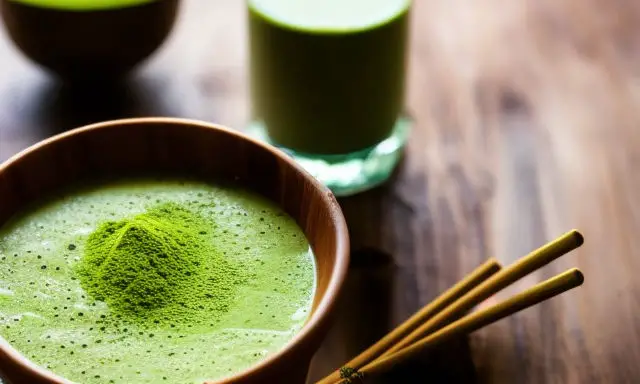Pros and Cons of Smoothies
Smoothies have become a popular food, with commercials touting them as a healthy treat or meal replacement. They are also a convenient and delicious way to get a wide range of essential nutrients, such as vitamin C, fiber, and water. In addition, they can help you increase your daily serving of fruits and vegetables, including dairy. Still, there are a few major downsides to these enticing treats.
The most significant drawback of smoothies is that they tend to be high in added sugar. This reduces their nutritional value, and routinely consuming too much sugar may lead to chronic conditions. The American Heart Association recommends six teaspoons of added sugar for women and nine for men each day. Commercially prepared smoothies typically contain much more sugar than homemade versions. However, these drinks are still a great way to boost your daily fruit and vegetable intake.
When you purchase through our links, we may earn a commission. As an Amazon Associate I earn from qualifying purchases.
Smoothies are easy to make, convenient, and delicious. You can use whatever fresh fruit or vegetable you’d like. If you’re looking to boost your protein intake, try using Greek yogurt. For fat, try adding avocado or chia seeds. For added nutrition, consider adding superfoods such as chlorophyll, macadamia nuts, or hemp seeds. These will increase the antioxidants and other nutrients in your smoothie.
There are also some downsides to smoothies. While they can be healthy, they don’t have all of the nutrients that you’re looking for. Adding too much sugar can cause your body to gain weight, and you’ll end up with a diet full of unhealthy foods. So, you should be aware of the risks and benefits of smoothies.
There are many benefits of smoothies. Depending on your goals, a smoothie can be a nutritious snack or meal replacement. For those who suffer from digestive issues, smoothies may be an ideal option. Because they contain plant fiber, the digestive system is less likely to experience abdominal pain, gas, or bloating.
Although smoothies are an excellent way to get the nutrients you need, you should be aware of the ingredients that are used in them. The liquid base plays a major role in the health of the smoothie, so you should avoid using too much fruit juice. You’ll want to use unsweetened milk or coconut milk, which contain healthy fats. It’s important to note that fruit juices contain more sugar than the other types of fruits and vegetables.
While smoothies can be healthy, the high amount of sugar they contain can be detrimental to your health. While some fruit smoothies contain natural sugars, they are still high in calories and can contribute to tooth erosion, tooth decay, and obesity. In addition, many of these fruits are high in acid, which can cause deterioration of tooth enamel. A high-quality smoothie is more likely to be healthier than one that is laden with added sugar.
Some people find smoothies to be healthy and delicious. Some argue that they can be an effective weight-loss supplement, while others disagree. They can help you lose weight and increase your energy levels. Despite the health benefits, there are some disadvantages to smoothies. They can make you crave junk food, while others have a hard time digesting raw food. If you’re looking for a healthy drink, a healthy smoothie can be the perfect choice for you.
While a smoothie is a nutritious beverage, the ingredients can be tricky to balance. The right ingredients can make a smoothie more nutritious than a single-serving meal or a regular cup of milk. But what are the cons of smoothies? There are many things to consider before deciding whether to drink a smoothie is a good alternative to your morning meal. In addition to being healthy, a smoothie can also be high-calorie, which isn’t always the best choice for a breakfast.











